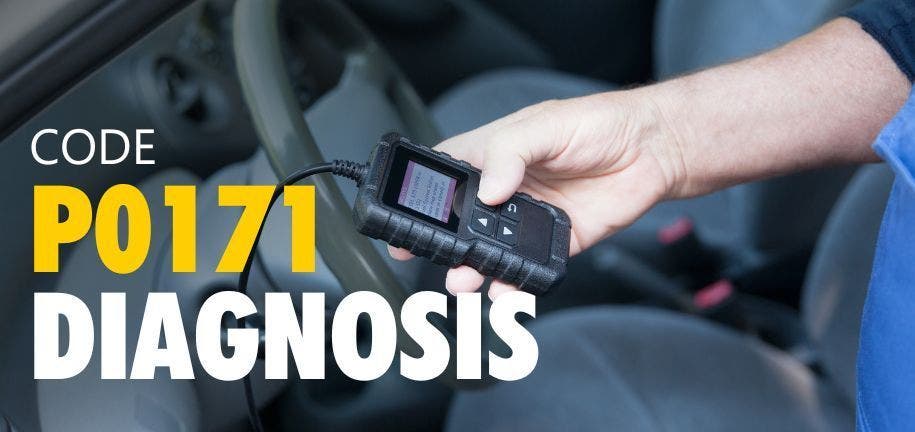The check engine light can be a source of anxiety for many drivers. One common culprit for this warning is the P0420 code, signaling issues with the catalyst system's efficiency. In this blog post, we'll delve into the P0420 code, explore what it means, and discuss its significance for various car makes, including Honda, Ford, Chevy, and Nissan.
Understanding the P0420 Code
The P0420 code is a generic OBD-II (On-Board Diagnostics) code that is uniform across various car manufacturers. It is specific to the catalyst system's efficiency in Bank 1, which is typically the side of the engine where the cylinder #1 is located. The catalyst system is crucial for reducing harmful emissions, converting pollutants into less harmful substances.
Causes of the P0420 Code
Code P0420 indicates that the catalytic converter is not operating at the expected efficiency level. Several factors can lead to this issue:
- Catalytic Converter Failure: Over time, catalytic converters can wear out or become clogged, reducing their effectiveness.
- Oxygen Sensor Malfunction: Faulty oxygen sensors (usually the pre-catalytic and post-catalytic sensors) can provide inaccurate data to the engine control module, triggering the code.
- Exhaust Leaks: Leaks in the exhaust system can introduce oxygen into the exhaust stream before it reaches the catalytic converter, affecting its performance.
- Engine Misfires: Frequent engine misfires can lead to unburned fuel entering the exhaust system, causing the catalytic converter to work overtime.
P0420 Code in Different Car Makes
Now, let's explore how the P0420 code can affect different car makes:
In Honda vehicles, the P0420 code is not uncommon. Common culprits include deteriorating catalytic converters and oxygen sensors. Regular maintenance and prompt repairs can help resolve the issue efficiently.
Ford vehicles may also experience the P0420 code. Exhaust leaks, failing catalytic converters, and malfunctioning oxygen sensors are typical causes. It's essential to address these issues promptly to prevent further damage.
Chevrolet cars can encounter the P0420 code due to similar reasons as other manufacturers. Regular inspections and timely replacements of catalytic converters and oxygen sensors can keep your Chevy running smoothly.
Nissan vehicles may exhibit the P0420 code due to catalyst inefficiency. Issues with the catalytic converter or oxygen sensors are often to blame. Routine maintenance and proper diagnostics are key to resolving the problem.
Addressing the P0420 Code
If your check engine light illuminates with a P0420 code, here are steps to consider:
Diagnostic Scan: Have your vehicle scanned by a professional mechanic to confirm the P0420 code.
Inspect the Catalytic Converter: Check for signs of physical damage or clogging in the catalytic converter. Replace it if necessary.
Examine Oxygen Sensors: Test the oxygen sensors to ensure they are functioning correctly. Replace faulty sensors as needed.
Exhaust System Inspection: Thoroughly inspect the exhaust system for leaks and repair them.
Engine Tune-Up: Address any engine misfires or issues that may contribute to the code.
Clear the Code: After making necessary repairs, clear the code from the vehicle's computer using an OBD-II scanner.
Wrap Up
In conclusion, the P0420 code, indicating low catalyst system efficiency, is a common concern for drivers of various car makes. Whether you drive a Honda, Ford, Chevy, Nissan, or any other vehicle, understanding the potential causes and taking prompt action can help maintain your car's performance and reduce harmful emissions, contributing to a cleaner environment. Regular maintenance and timely repairs are the keys to resolving the P0420 code and ensuring your vehicle runs smoothly for years to come.
















































